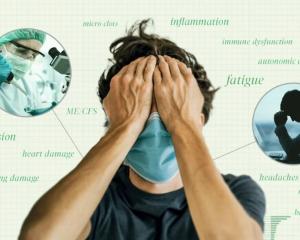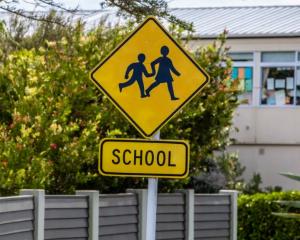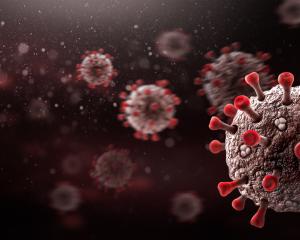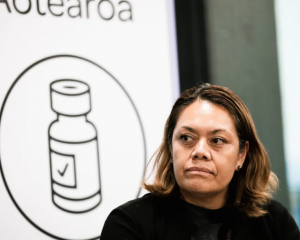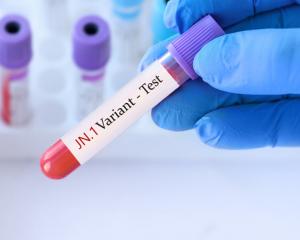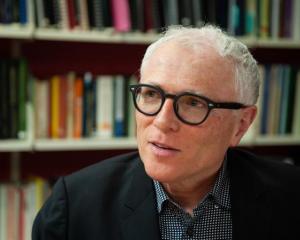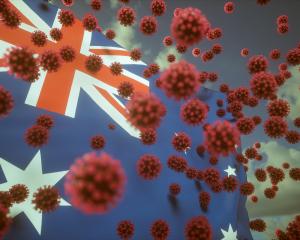
Spraying people with tear gas causes them to cough, shout and scream - and that will send infectious droplets from an infected person to others, said Dr. Peter Chin-Hong, a professor of medicine and an infectious diseases specialist at the University of California, San Francisco.
Tear gas may cause people who are wearing masks to take them off, and prompt them to rub their eyes, nose and mouth, Chin-Hong said. Even worse, respiratory irritants inflame the inside of the nose and mouth and the lining of lung tissues, making the body more susceptible to infection, he said.
Chin-Hong was one of more than 1,000 people - among them infectious disease and public health experts - who have signed a petition asking local and state governments to stop using tear gas, smoke and other respiratory irritants that increase the risk for coronavirus transmission by inducing coughing. The petition was inspired by a group from the University of Washington, and Chin-Hong said he was contacted to edit the letter.
Covid-19, the disease caused by the coronavirus, is different from many other infectious diseases because people can experience either mild symptoms or no symptoms at all yet can easily transmit the virus to others, Chin-Hong said.
"It's easier to spread because people don't know they're sick."
The United States Centers for Disease Control and Prevention estimates that 20% to 50% of people who get infected by the coronavirus are asymptomatic.
The petition supports the right of people to protest the death of George Floyd, a black man killed after a white Minneapolis police officer knelt on his neck for more than eight minutes. But the letter also suggested that protesters not be arrested or held in confined spaces, like jails or police vans, settings where the virus can easily spread.
It urged demonstrators to use face coverings, keep 6 feet away from other protesters when possible and try to stay close to a single group of people, rather than intermingle with many others.
"Our approach was to meet people where they were," Chin-Hong said. "We wanted to support people's voices in this national time of sadness and tragedy. ... We wanted to make the people as safe as possible when they went out, arming them with the science behind it, and then maybe advocating for law enforcement to be a little bit more humane."
Chin-Hong said those supporting the demonstrators should have a stock of masks available to give to people in case they get sprayed or their mask is ripped away. Allies of protesters may want to staff a table with extra masks and hand sanitiser, like volunteers at a marathon might set up for runners, Chin-Hong said.
Face shields also are effective at protecting the mouth, nose and eyes from infectious droplets, Chin-Hong said, and may be more comfortable to wear and offer the chance for people to see people's facial expressions.
Health experts have voiced worry that the demonstrations may help cause a dramatic increase in the transmission of the highly contagious coronavirus.
By Rong-Gong Lin II of Los Angeles Times

